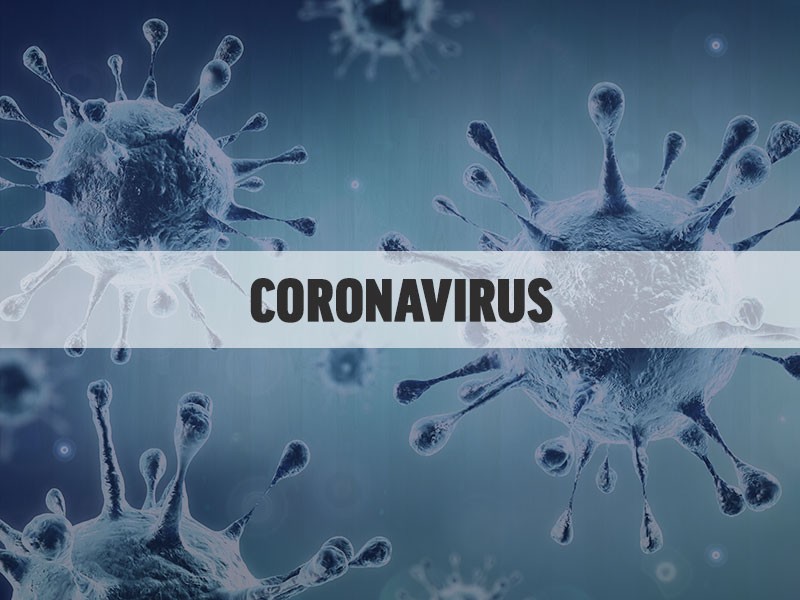Both of the Northeast Georgia Health System’s coronavirus field units, one at Northeast Georgia Medical Center Gainesville and one on the medical center’s Braselton campus, are now up and running.
They were introduced to the media and public at a news conference Thursday afternoon.
That night, NGHS spokesman Sean Couch, said “We’ve experienced some issues operationalizing the mobile unit at NGMC Gainesville. “
But he wrote in an email late Friday that “both field units are operational at NGMC Braselton and NGMC Gainesville. Braselton was running earlier this morning, and Gainesville started this afternoon.”
EARLIER STORY
The Northeast Georgia Health System plans to have two mobile units for the treatment of potential COVID-19 patients fully operational on Friday.
The mobile tents, one at the main Gainesville location and another at the Braselton campus, are fully equipped with supplies for treatment of the novel coronavirus symptoms and have a capacity of thirteen beds each.
The goal for the tents is to help delay the spread of COVID-19 by treating patients who display symptoms of the virus while still protecting patients and staff inside the building.
Staff for NGHS explained the importance of having the tents in a press conference Thursday.
“In emergency medicine, our job is to be prepared,” said Doctor Mohak Davé, Chief of Emergency Medicine for NGHS. “This is a space which is creating additional capacity. As we have seen in a pandemic situation, you need capacity and you need to be able to adapt to what the capacity needs are at the time.”
Now with the mobile units at the hospital, patients who have symptoms of COVID-19 can walk up to the tent, speak with a staff member and based on an evaluation either be admitted to the tent or sent to the main building.
While not every patient who approaches the tent will undergo the test for COVID-19 by nasal swab, the units have an x-ray machine and equipment for drawing blood samples to help staff look for other signs of the virus.
Inside the front of the tent is an evaluation and waiting area, along with a space for staff computers and technology. Beyond the waiting and staff areas are the patient beds, each sectioned off to provide privacy and space.
The mobile units are also negative pressure to assist with respiratory symptoms of the patients.
The hospital system is utilizing these units for the first time and have them on loan from the Georgia Department of Public Health.
Despite the expanded hospital space through the units, Doctor Shravan Kethireddy, Medical Director of Critical Care Services for NGHS, urged the public to take the virus and necessary precautions more seriously.
“It’s imperative for the community to understand what we’re dealing with,” said Kethireddy. “It’s a community responsibility to realize that this is biology… the only way to treat something like this is to cut the train of transmission.”
Kethireddy further explained that the best way to stop transmission is to stay at home and follow the guidelines set by the Center for Disease Control.
Sean Couch, Director of Public Services and Marketing for NGHS, echoed Kethireddy’s thoughts at the end of the press conference by also encouraging the public to take the virus seriously.
Couch also explained that if someone develops symptoms of the virus, the best practice is to apply social distancing, stay home and monitor symptoms, then call a medical practice before going to seek relief.









